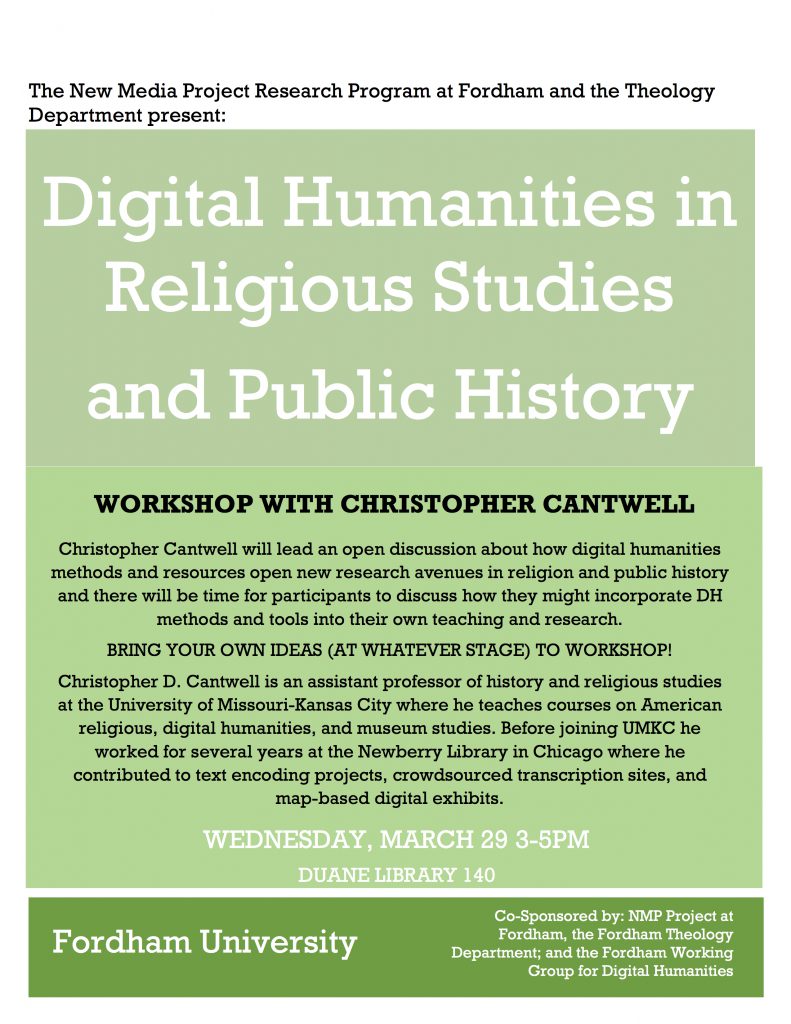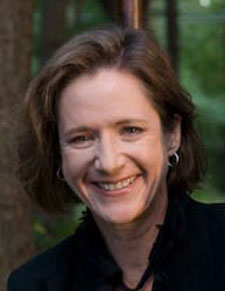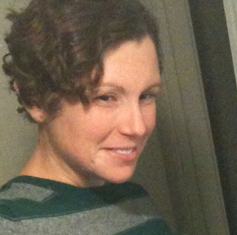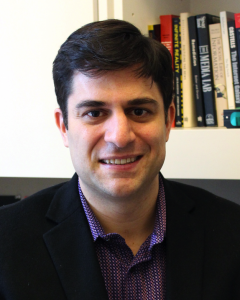Fall 2012 at Fordham includes a weekend of THATCamp, a workshop on developing an online academic presence, and a discussion of recent issues in the digital humanities and medieval studies. Please join us for some of these upcoming events!
• • •
Friday – Saturday, October 5-6
THATCamp NY 2012 at Fordham-Lincoln Center
Lowenstein Hall, 12th Floor
(starts at 3:00 p.m. on Friday and continues Saturday 9:00 a.m.- 6:00 pm)
 THATCamp (The Humanities and Technology Camp), the internationally-recognized humanities and technology “unconference,” will take place at Fordham Lincoln Center, Lowenstein 12th floor lounge. THATCamp is a series of free “unconferences” devoted to hands-on work and discussion of the intersection of technology and the humanities. It is hosted by research and cultural institutions multiple times a year. THATCamp NY 2012 is free and open to any one who is interested, but seating is limited so registration is required. Registration begins on September 1, 2012 (http://newyork2012.thatcamp.org/).
THATCamp (The Humanities and Technology Camp), the internationally-recognized humanities and technology “unconference,” will take place at Fordham Lincoln Center, Lowenstein 12th floor lounge. THATCamp is a series of free “unconferences” devoted to hands-on work and discussion of the intersection of technology and the humanities. It is hosted by research and cultural institutions multiple times a year. THATCamp NY 2012 is free and open to any one who is interested, but seating is limited so registration is required. Registration begins on September 1, 2012 (http://newyork2012.thatcamp.org/).
THATCamp participants include researchers, students, librarians, archivists, curators, educators, technologists, and others interested in using technology to produce humanities scholarship. Sessions at THATCamp are informal: There are no papers proposed or presented. Attendees pitch potential ideas before the weekend on the THATCamp blog and decide on topics of discussion when they arrive. THATCamp NY 2012 discussions will emphasize the theme of collaboration among members of metropolitan research institutions to strengthen current projects and inspire new digital humanities scholarship. JSTOR, the library database for online academic journals, will host the workshop “Using JSTOR’s Data for Research.” Other multi-level workshops are being planned for participants who wish to learn more about specific tools, skills, trends, and platforms for digital scholarship and pedagogy. Fordham’s participation in this event has been spearheaded by Elizabeth Cornell (Pre-Doctoral Fellow, English).
This event is co-sponsored by the Digital Humanities Working Group, Fordham IT, Hunter College Library, the CUNY Libraries, New York University Library, and JSTOR/Ithaka.
• • •
 |
Michael Mandiberg, editor,
The Social Media Reader |
Wednesday, November 7, 11:00 a.m. – 2:30 p.m.
You Online: Developing Your Online Academic Presence
a workshop for faculty and graduate students on cultivating an effective online presence
Walsh Library, Flom Auditorium, Fordham-Rose Hill
Led by Michael Mandiberg, Associate Professor at the College of Staten Island and at the CUNY Graduate Center.
This three-hour workshop will have two components: In the first part, Mandiberg will describe the importance of cultivating an online presence and ways to establish one, including the steps for building a basic website using WordPress. This part will be held in Flom Auditorium and open to anyone in the Fordham community.
 The second part will be a hands-on workshop for fifteen graduate students and fifteen faculty members. Due to the hands-on nature of this workshop, space is limited and pre-registration for the workshop section will be required.Stay tuned for a link. Participants will learn to create pages and posts in WordPress, and they will leave with a working site framework. Lunch will be served to the thirty workshop participants. Professor Mandiberg is the author of several books on new media, and the editor of The Social Media Reader (NYU Press, 2012).
The second part will be a hands-on workshop for fifteen graduate students and fifteen faculty members. Due to the hands-on nature of this workshop, space is limited and pre-registration for the workshop section will be required.Stay tuned for a link. Participants will learn to create pages and posts in WordPress, and they will leave with a working site framework. Lunch will be served to the thirty workshop participants. Professor Mandiberg is the author of several books on new media, and the editor of The Social Media Reader (NYU Press, 2012).
This event is co-sponsored by the Graduate School of Arts and Sciences, the Fordham Graduate Student Digital Humanities Group, the Digital Humanities Working Group, and others (co-sponsor list is in formation).
• • •
Friday, December 7, 6:00 p.m.
Digital Humanities and Medieval Studies: Issues and Debates
A lecture and Q&A with Eileen Gardiner and Ron Musto, Directors of the Medieval Academy of America
McGinley Center, Faculty Lounge, Fordham-Rose Hill
 |
| Eileen Gardiner |
 |
| Ron Musto |
Eileen Gardiner and Ron Musto are the Directors of the Medieval Academy of America, the largest scholarly organization of medievalists in the world. They are also the publishers of Italica Press, past co-directors of the ACLS Humanities E-Book Project, and Fordham University alumni. They have spoken and written widely on the humanities and the world wide web, including articles and presentations on Google Books, online publishing (in which they have considerable experience), the electronic book, and search engines. Their talk will focus on recent projects in medieval art history, history, literature, and theology and point to debates in the field about, for instance, text encoding, business models for online publishing, sustainability, and standardization of data across platforms, among other topics.
Organized by the Center for Medieval Studies with co-sponsorship from the DHWG.









